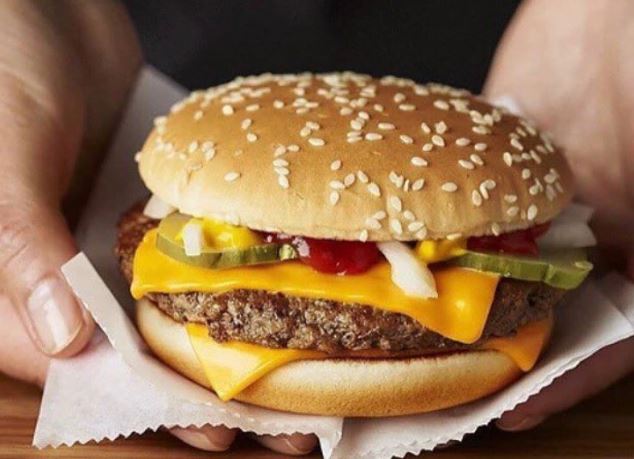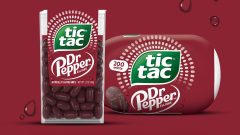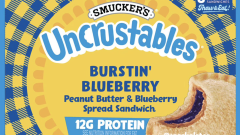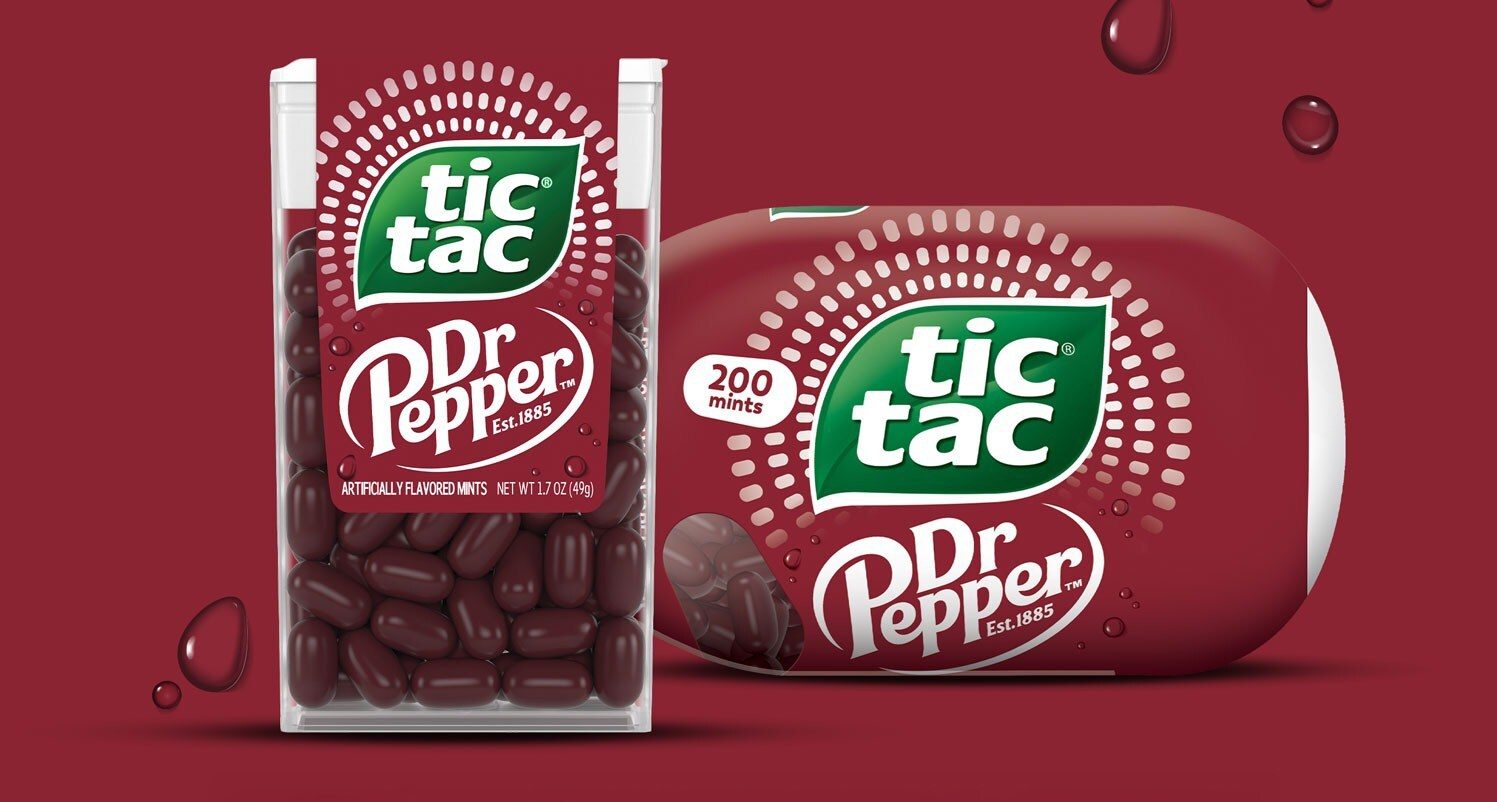Football Club Owner Investigated For Buying Team McDonald’s After Every Win

Things couldn’t be better for Accrington Stanley head Andy Holt right now. The football club owner commands a squad that has won every single game at home this season, and they’re poised to take home the title in League Two of the English Football League. There’s just one thing raining on his parade: The EFL is investigating Holt for paying for his team to get McDonald’s every time they win.
So.
Sometimes when we win I give £200, less the £21.37 I get back in change, to Sean to get the lads @McDonaldsUK or the like. If we lose they get their own. Its just the way we roll @ASFCofficial— Andyh (@AndyhHolt) April 1, 2018
Then I receive a letter from @EFL demanding an explanation because the @McDonaldsUK is not specified in the players contracts.
You have to wonder what these folk would do with their life if it wasn’t for my errors of judgement.— Andyh (@AndyhHolt) April 1, 2018
The EFL sent a letter to Holt about his team’s tradition because the money used on the McDonald’s is technically not a part of players’ contracts. Holt uses his own money, not the team’s, to pay for the meals. According to the Telegraph, this could be a potential breach of EFL regulations, which state that “full details of all payments to or benefits paid in cash or in kind on behalf of players must be included in the standard contract.” This apparently includes bonuses, and the team’s McDonald’s runs may qualify as such.
Holt finds the entire matter ridiculous, however, claiming on Twitter that he has the right to buy anybody a burger with his own money. He’s also joked about the manner with several Twitter users, seemingly not threatened at all by the EFL’s overreaction.
In fairness Karl, a bit of milk won’t harm them’😂 https://t.co/3BOwoEujdc
— Andyh (@AndyhHolt) April 2, 2018
You’re going to get shot with me Anthony😂 https://t.co/wIXXv5ZzVz
— Andyh (@AndyhHolt) April 2, 2018
It’s unclear exactly how the EFL could punish Holt for treating his team to McDonald’s, but claims that “the matter will be considered further in due course” in a statement.






















